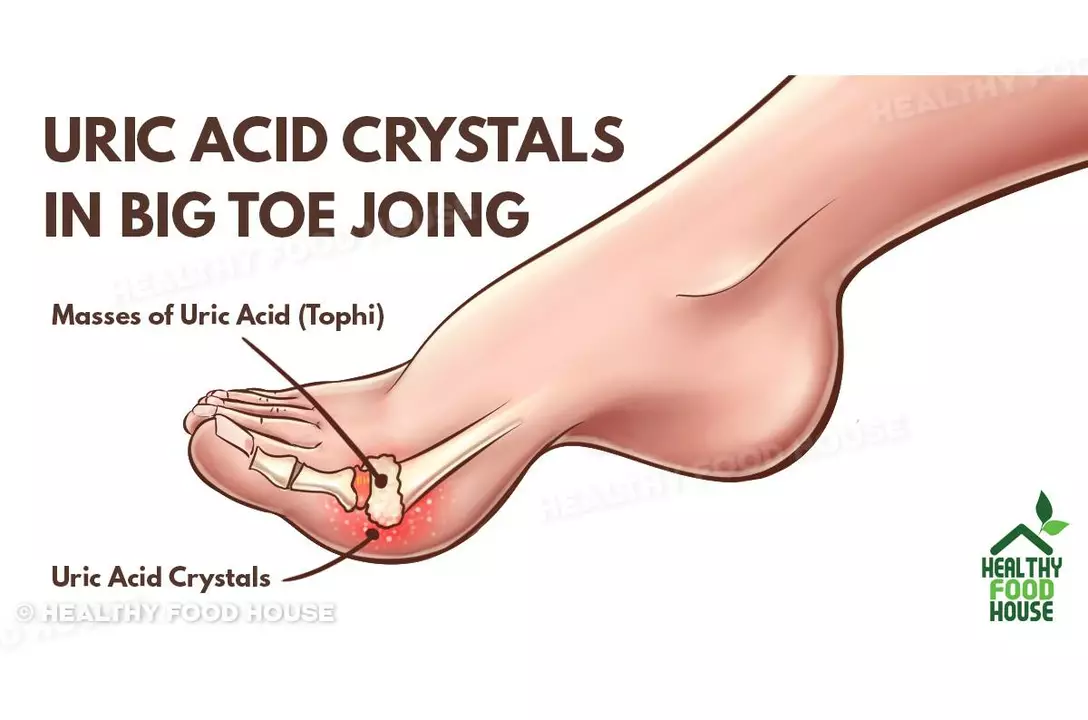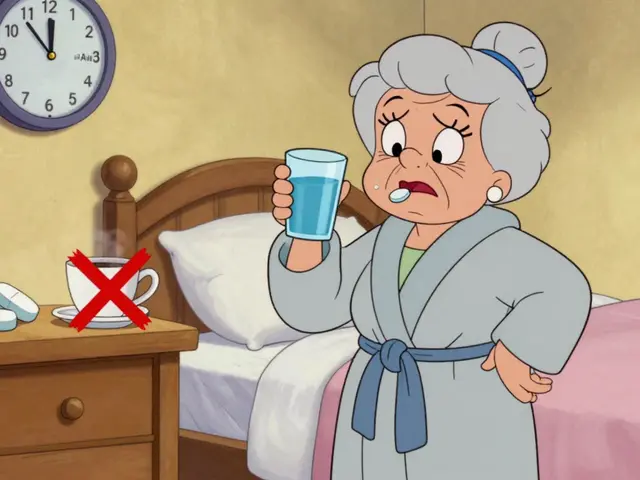Staying Active: Simple, Safe Ways to Move Every Day
Want to feel more energetic without spending hours at the gym? Small, regular movement beats occasional intense workouts. Moving more improves mood, helps manage weight, and keeps joints and muscles working as you age. Below are quick, practical habits you can start this week.
Quick daily routines
Try a 20-minute walk first thing or after dinner. Walking is low-impact and fits most schedules—aim for 150 minutes of moderate activity per week. If time is tight, break it into three 10-minute walks and you still get benefits.
Two short strength sessions a week protect muscle and bone. Use a resistance band or do bodyweight moves: 2 sets of 8–12 squats or sit-to-stands, 10–15 wall push-ups, and 12 calf raises. No equipment? Fill a backpack with books for extra weight.
Desk job? Set a timer for hourly 2-minute breaks: stand, march in place, or do shoulder rolls. These tiny breaks reduce stiffness and keep circulation moving.
Include a 5–10 minute stretch or mobility routine after activity. Try cat–cow for the spine, hamstring stretches, and ankle circles. If you like slow, calming movement, a short yoga or breathing practice helps both body and mood—research shows yoga and meditation can support mental health in people with depression.
Safety tips if you have health conditions
If you take blood pressure meds, antidepressants, or other prescriptions, check with your doctor before changing your activity level. Some medicines affect balance, heart rate, or how your body handles heat. For example, certain blood pressure combinations can make you lightheaded when you stand up fast.
Seniors or people with joint pain should favor low-impact options: swimming, cycling, chair exercises, or tai chi. Chair sit-to-stands, seated leg extensions, and gentle marching help build strength without strain. If you have lung conditions, pick inhaler-friendly timing and follow your respiratory plan—tightness or shortness of breath means slow down and consult your provider.
Skin or infection issues can block activity too. If heat and sweat cause irritation (like jock itch), switch to breathable fabrics, change damp clothes quickly, and use loose fits for workouts. Good shoes and proper footwear reduce pain and prevent falls.
Staying active is mostly about habits: schedule movement like an appointment, mix things up so it stays interesting, and team up with a friend for accountability. Start small, track progress, and celebrate simple wins—more steps, fewer stiff mornings, or one extra set this week. Want focused routines or articles on specific conditions and meds that affect activity? Browse our posts on yoga for depression, senior jock itch care, or exercise tips for chronic conditions to find practical guides that match your situation.




